Mental Health: Practical Guidance on Trauma, Depression, and Early Intervention
If you're dealing with mental health concerns or supporting someone who is, knowing how childhood trauma and early behavior issues affect adult life can change outcomes. Childhood trauma can increase the risk of depression later on. That doesn't mean fate is sealed-early recognition and targeted support can reduce long-term harm and improve daily functioning.
Childhood Trauma and Adult Depression
Traumatic experiences like neglect, physical or sexual abuse, or repeated emotional harm shape how the brain responds to stress. People who grew up with trauma often develop coping habits that make depression more likely, such as withdrawing, self-blame, or substance use. If you notice persistent low mood, loss of interest, sleep changes, or difficulty concentrating that traces back to early experiences, mention the trauma history when seeking help. Therapies such as trauma-focused cognitive behavioral therapy (TF-CBT) and eye movement desensitization and reprocessing (EMDR) target the root memories and teach practical tools to reduce symptoms.
Medication can help when depression affects daily life, but therapy that addresses trauma is crucial. Small, consistent steps-regular sleep, gentle exercise, and social contact-make a big difference alongside professional care. If you feel overwhelmed, hotlines and crisis services are available 24/7 in many areas; use them when you're in danger or thinking of harming yourself.
Why Early Detection of Behavior Disorders Matters
Spotting behavior disorders in kids or teens-things like ADHD, conduct disorder, or early anxiety-lets families get support before problems grow. Early interventions teach coping skills, reduce conflict at home, and improve school success. For parents, simple steps matter: consistent routines, clear rules, and targeted praise for positive behavior. Schools can help with individualized education plans or behavior strategies, and mental health professionals can offer parent training and therapy for the child.
When behavior problems are treated early, the risk of later depression, substance misuse, and chronic relationship issues drops. Treatment plans often combine behavioral therapy, family support, and sometimes medication. Tracking progress with small measurable goals-like reducing outbursts or improving homework completion-keeps treatment practical and focused.
If you're unsure where to start, ask your primary care doctor or school counselor for a screening. A clear assessment points to the right mix of therapy, educational support, and medical treatment. Recovery and improvement take time, but early action multiplies the benefits.
Want straightforward resources? Look for trauma-informed therapists, local parent training programs, and reputable online guides from mental health organizations. Reach out, ask questions, and keep going-help exists and effective options are available.
Practical starter steps: write down triggers and mood changes for two weeks, set one small daily goal like ten minutes of walking, and schedule a first appointment with a counselor. If cost is a concern, community clinics, sliding-scale therapists, and telehealth can lower expenses. Keep a list of emergency contacts and a short safety plan. Small habits plus professional guidance stack up into real change over months.
If you want, I can point to specific resources or explain how to find a trauma-informed therapist.
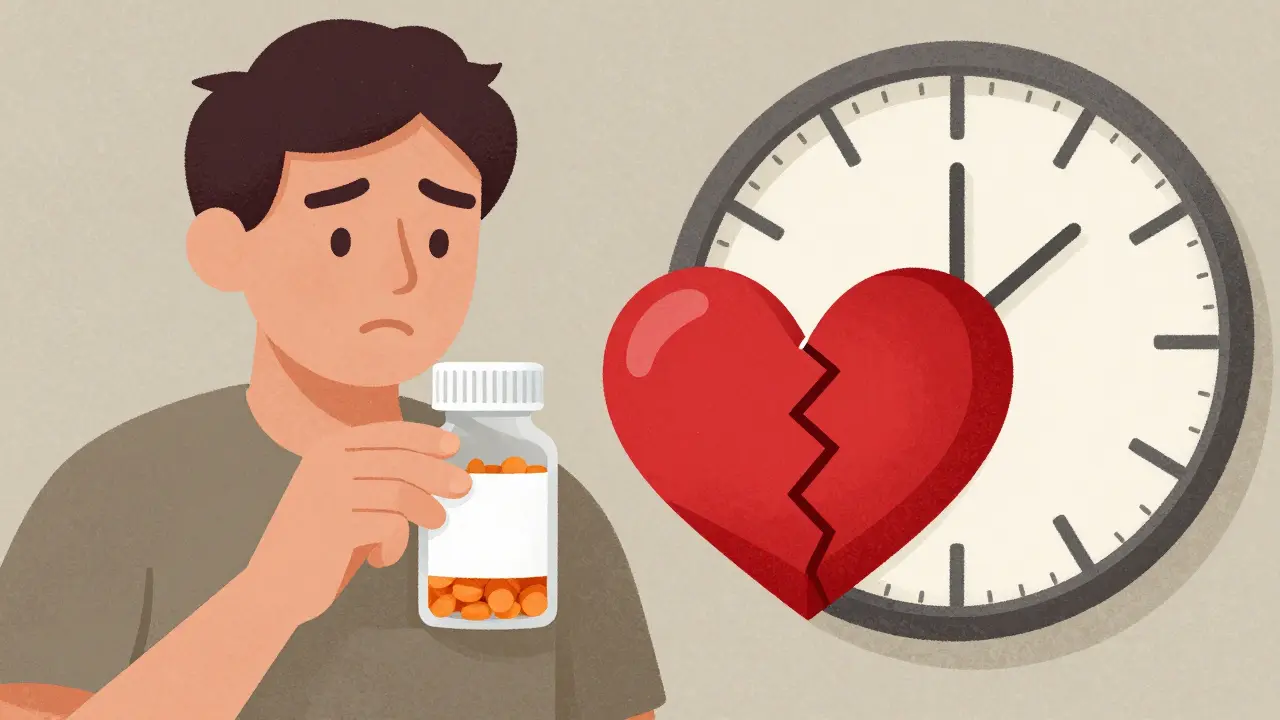
- 14 Comments
Antipsychotic medications carry serious metabolic risks including weight gain, diabetes, and heart disease. This article explains the differences between drugs, why regular monitoring is critical, and practical steps for patients and doctors to prevent life-threatening complications.
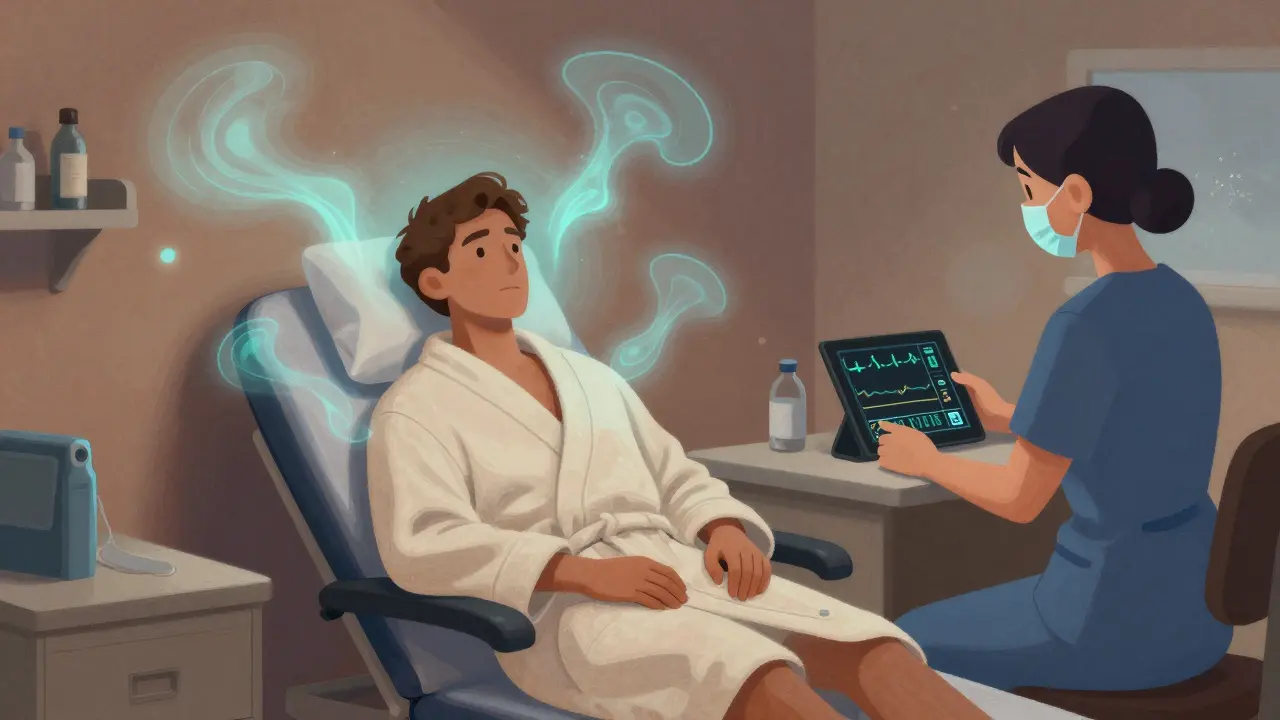
- 13 Comments
Esketamine nasal spray (Spravato) is a breakthrough treatment for treatment-resistant depression, offering rapid relief but requiring strict monitoring due to dissociation and blood pressure spikes. Learn how it works, what to expect, and why safety protocols matter.
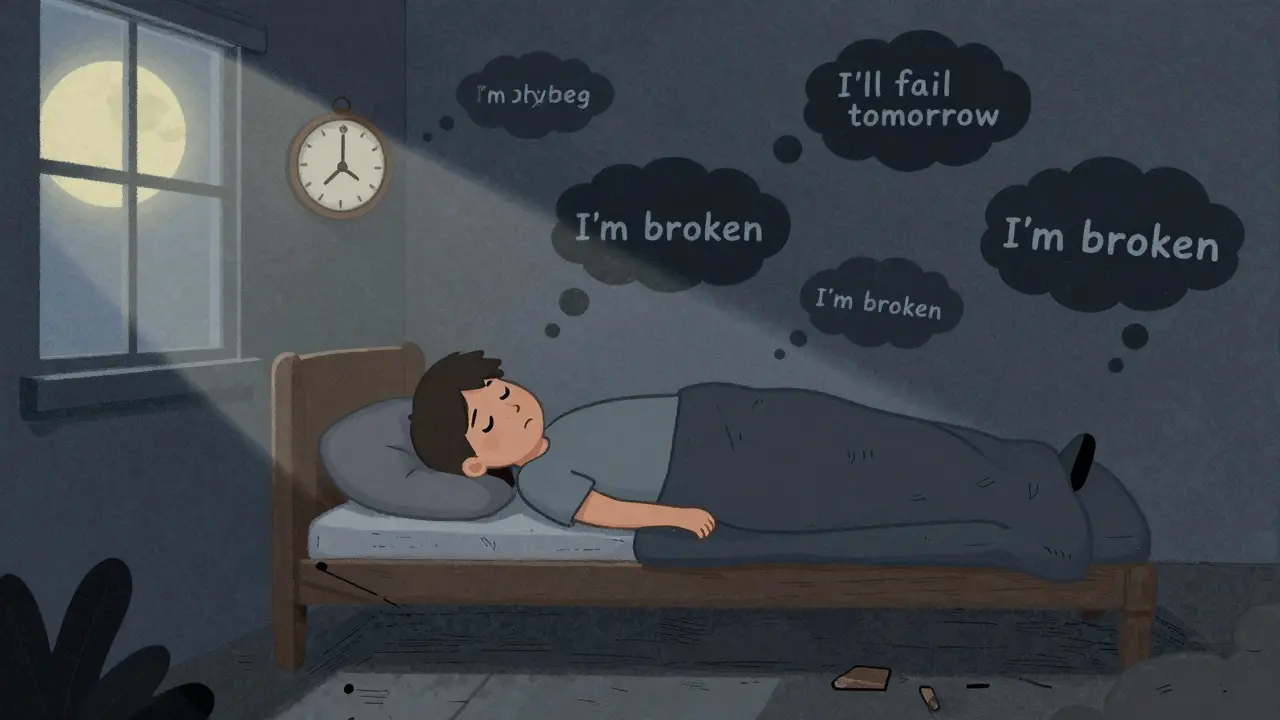
- 14 Comments
CBT-I is the most effective long-term treatment for insomnia, outperforming sleep medications by rewiring unhealthy sleep habits. Learn how it works, why it lasts, and how to start.
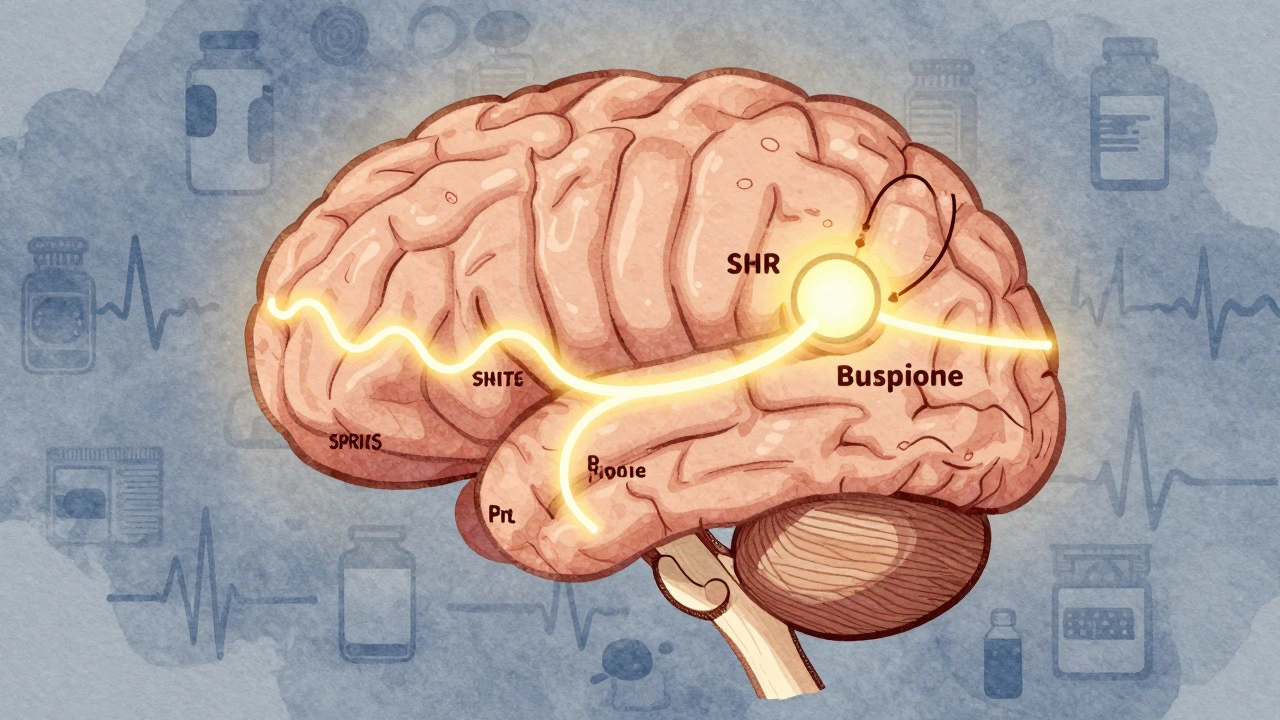
- 12 Comments
Buspirone augmentation with SSRIs offers a safe, effective, and low-cost option for treatment-resistant depression. It improves mood, reduces sexual side effects, and avoids weight gain - making it a top choice for many patients.

- 8 Comments
Explore the unique challenges faced by LGBTQ+ individuals with schizophrenia and discover practical support strategies, therapy tips, and resources for better mental health outcomes.
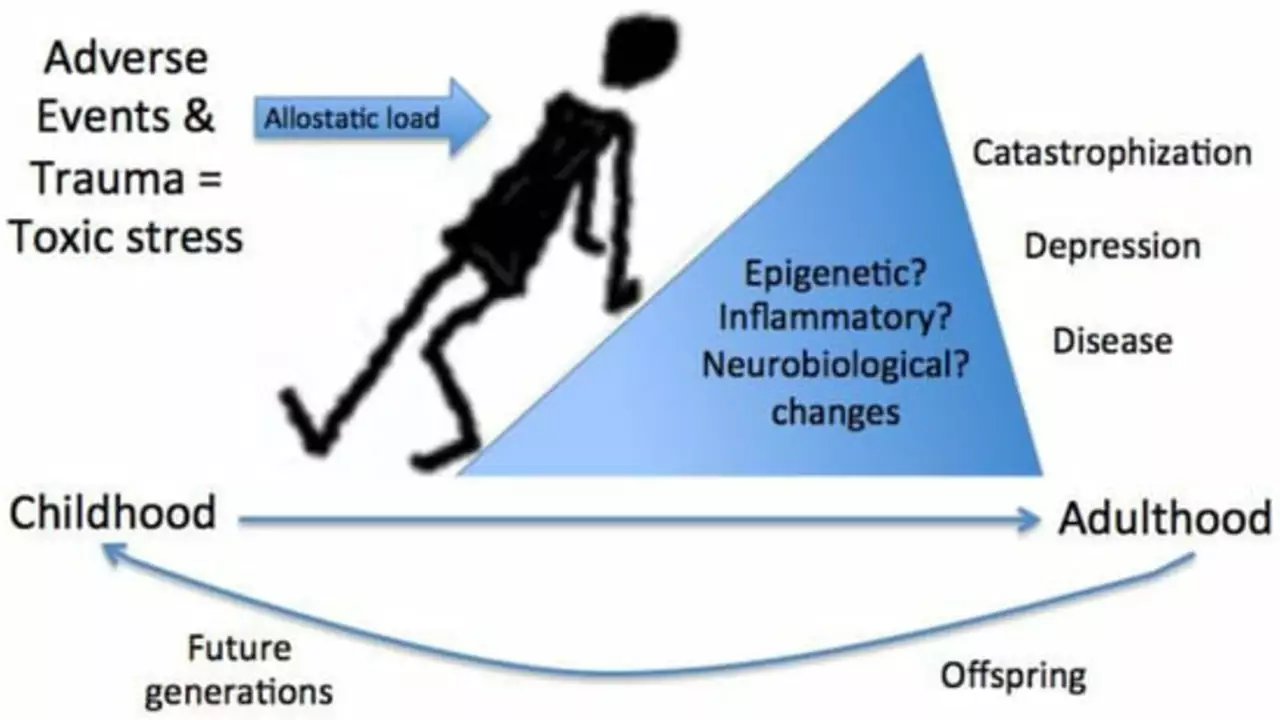
- 11 Comments
In my recent exploration, I've delved into the profound connection between childhood trauma and depression in adulthood. It seems that traumatic experiences during formative years can significantly increase the likelihood of depressive disorders later in life. Emotional, physical, or sexual abuse, as well as neglect, can leave deep psychological scars that may manifest as depression in adulthood. Additionally, the coping mechanisms children develop to survive such trauma can lead to mental health issues. This further emphasizes the critical importance of early intervention and support for children who have experienced trauma.
- 11 Comments
In my recent research, I've discovered the immense benefits of early detection and intervention for behavior disorders. Identifying these issues early on can significantly improve an individual's quality of life and help them overcome challenges. With appropriate intervention, people can develop effective coping strategies and reduce the risk of long-term complications. Additionally, early support can foster a better understanding among family and friends, creating a more supportive environment. Overall, addressing behavior disorders at the onset is crucial for personal growth and well-being.
